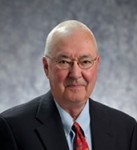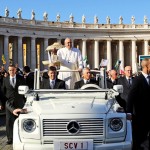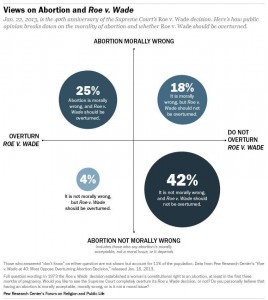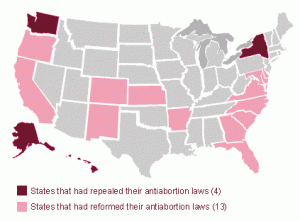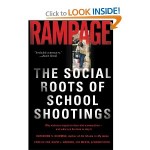One of the very first times I met Andy, I had to pick him up at his hotel and bring him to the Survey Research Center at UC Berkeley. He and my advisor Mike Hout were planning to spend the day crunching numbers. It was during that trip that they probably wrote the first draft of two, if not more, of their many co-authored pieces in the American Journal of Sociology or the American Sociological Review.
When he came out to my car and got inside, he looked at the clock and gave a little start, “I didn’t realize it was that late!” (Andy hated to be late.) I said, in true Berkeley-graduate-student-style, “Oh, don’t worry about it. It is ten minutes fast. I set it that way so that I’m on time.” Andy’s response, “Well, that’s stupid!”
My clocks have been on time ever since. Continue reading
